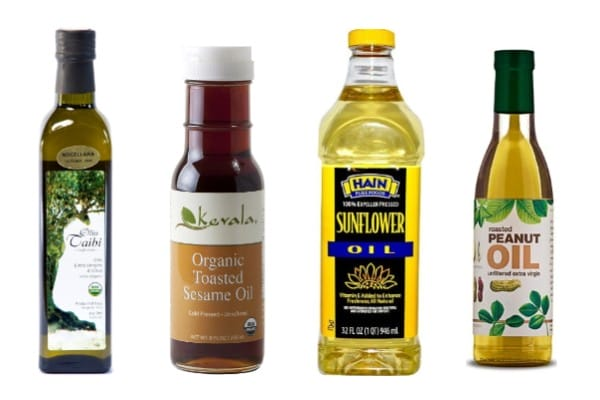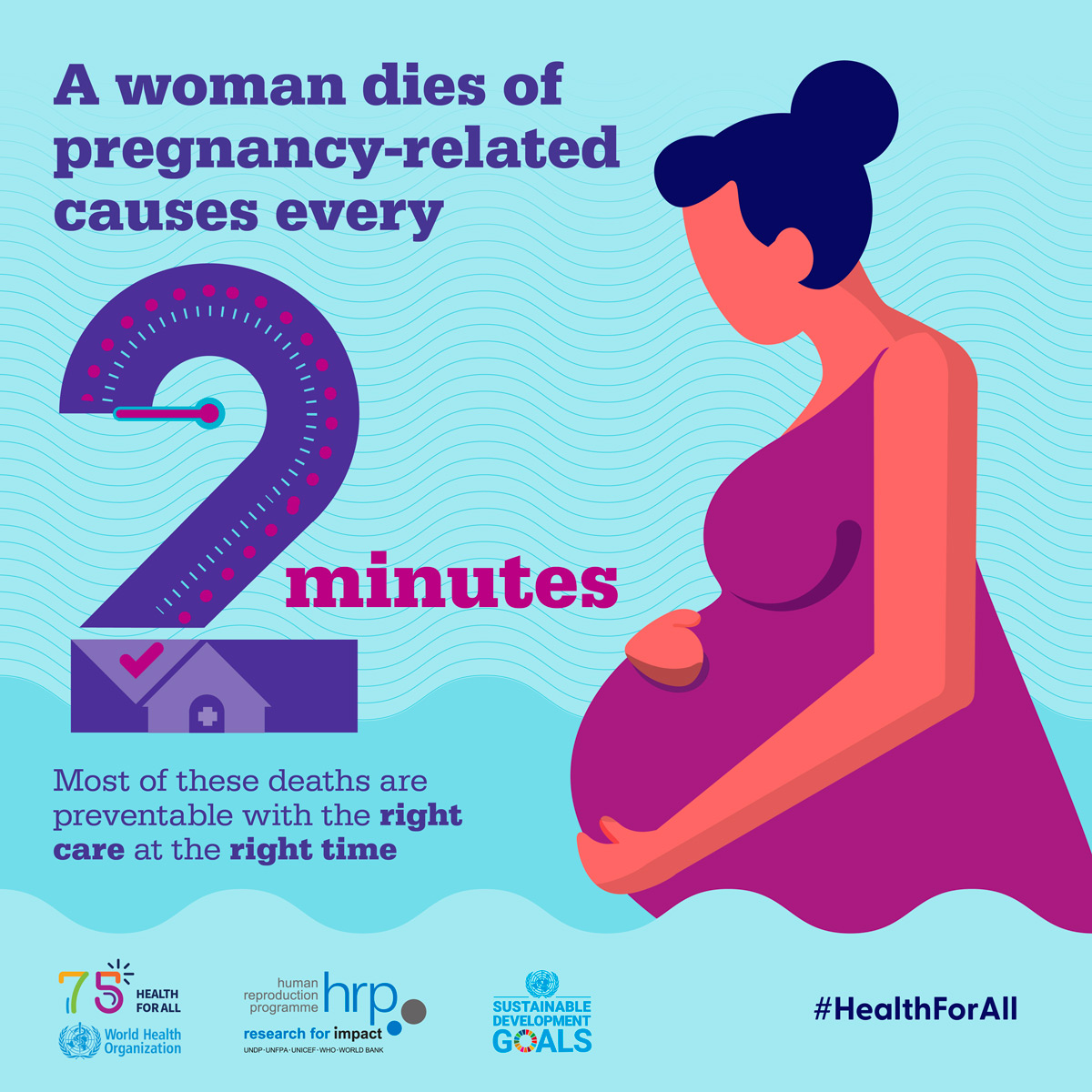Plant-based oils have emerged as a pivotal component in discussions surrounding healthier dietary choices. Recent research has highlighted the potential advantages these oils offer, especially when used as a butter substitution, revealing that switching to oils like olive and canola can lead to significant health benefits. Specifically, a study indicated that this simple dietary swap could lower the risk of premature death by as much as 17%, showcasing the long-term impact of such lifestyle changes. With increasing awareness about the health benefits of oils, individuals are encouraged to consider these alternatives to enhance their overall wellness. Additionally, incorporating plant-based oils into meals not only benefits personal health but also demonstrates the evolving landscape of modern diets toward more sustainable and health-conscious choices.
In the realm of nutrition, alternatives to traditional fats are gaining traction, particularly vegetable oils which deliver a multitude of health advantages. Research indicates that opting for oils over dairy-based spreads can significantly contribute to a healthier lifestyle, particularly by lowering the risk of chronic diseases. The health benefits of oils, be it through improved heart health or reduced cancer risk, are becoming increasingly recognized in dietary guidelines. Among these oils, olive oil benefits stand out, often highlighted for their potent impact on health outcomes. As more people look to dietary swaps that promote longevity, plant-derived oils offer a promising solution for those seeking to enhance their eating habits.
The Surprising Benefits of Butter Substitution
Recent research from esteemed institutions like Mass General Brigham and Harvard T.H. Chan School of Public Health has unveiled compelling statistics regarding dietary choices. More specifically, substituting butter with plant-based oils could effectively lower the risk of premature death by 17%. This striking statistic arises from comprehensive health and dietary data spanning over three decades, involving more than 200,000 individuals. The study indicates a clear link between the consumption of plant-based oils, such as soybean and olive oil, and a reduced risk of mortality from various causes, including heart disease and cancer. This dietary swap not only highlights the repercussions of butter consumption, which has been shown to increase mortality rates, but also showcases the Health Benefits of Oils in our daily nutrition.
In-depth analysis within this study emphasizes that even a slight reduction in butter intake can significantly enhance long-term health outcomes. The researchers have pinpointed saturated fatty acids in butter as a contributing factor to its links with increased mortality. By contrast, plant-based oils are abundant in unsaturated fats, which are known to promote better heart health and overall longevity. This transition from butter to oils represents not just a simple dietary swap but a pivotal lifestyle change aimed at improving health outcomes. With increased public awareness of the advantages of such swaps, individuals can be encouraged to make informed dietary choices.
Understanding Health Benefits of Oils
Plant-based oils are not just a healthier alternative to butter; they come packed with an array of health benefits that contribute significantly to a balanced diet. Oils derived from plants, such as olive oil and canola oil, are rich in essential fatty acids and antioxidants, which play a crucial role in maintaining optimal health. For instance, the Mediterranean diet, which heavily incorporates olive oil, has been celebrated for its association with longevity and a lower incidence of chronic diseases. The health benefits extend beyond mere nutrition; these oils have anti-inflammatory properties, aiding in the prevention of conditions related to heart disease and reducing cholesterol levels.
Furthermore, incorporating plant-based oils into meals can improve the absorption of fat-soluble vitamins, including A, D, E, and K. This means that not only do these oils serve as a healthy substitute for butter, but they also enhance the overall nutritional value of meals. As an alternative to traditional fats, the shift towards oils can also be seen as a modern approach to dietary practices that prioritize health. The emphasis on plant-based oils reveals their potential as fundamental ingredients that can support better health and well-being when making dietary swaps.
Dietary Swaps: A Path to Better Health
Dietary swaps are gaining traction among health enthusiasts and nutritionists, especially in light of studies showcasing the positive impact of replacing high-saturated-fat foods with more heart-healthy options. Swapping butter for plant-based oils serves as a prime example of how simple changes in one’s diet can lead to substantial improvements in health. The idea is not merely a fleeting trend; it’s backed by research and data that show a significant reduction in the risk of premature death when individuals make this switch. The implications of such dietary swaps extend to public health, signaling a need for a cultural shift in how we approach cooking and eating.
This movement encourages individuals to reconsider their dietary habits with a focus on reducing saturated fats, which have been linked to numerous health issues. As people become more educated about the health implications of their food choices, the demand for healthier alternatives, like plant-based oils, rises. This not only improves personal health but can also influence broader dietary trends and affect food production and marketing. With each small dietary swap, such as using olive oil in lieu of margarine or butter, individuals contribute to a healthier lifestyle and a potential decrease in community health-related costs.
Olive Oil Benefits: The Superfood of Fats
Olive oil has emerged as a staple in discussions regarding healthy fats due to its impressive health benefits. Recognized as a superfood, it’s rich in monounsaturated fats that support heart health and carry anti-inflammatory properties. Research consistently demonstrates that olive oil’s antioxidants, particularly oleocanthal, can mimic the effects of anti-inflammatory drugs, proving beneficial in the prevention of various diseases. As part of a balanced diet, olive oil contributes to lower cholesterol levels and reduced risks of heart disease, making it an essential oil for those aiming for longevity and wellness.
Moreover, the dietary inclusion of olive oil plays a pivotal role in the Mediterranean diet—a dietary pattern celebrated not only for its flavorful dishes but also for its health benefits. Studies indicate that regions where olive oil is a dietary staple experience lower rates of chronic diseases and greater longevity. The versatility of olive oil makes it suitable for a wide range of culinary applications, from salad dressings to sautéing, thus easily fitting into various dietary regimes. Given its array of benefits, it’s clear that embracing olive oil as a prime fat source can significantly enhance both diet quality and overall health.
Why Plant-Based Oils Are Essential for Heart Health
Heart health is a critical aspect of overall well-being, and dietary choices play a vital role in maintaining cardiovascular function. Incorporating plant-based oils into daily meals can significantly benefit heart health. Unlike butter, which is high in saturated fats known to raise cholesterol levels, plant-based oils offer unsaturated fats that can improve cholesterol profiles. Oils like canola and avocado oil contain essential fatty acids that are necessary for heart health, making the switch from butter to these healthier oils a wise decision.
In addition, the anti-inflammatory properties found in oils such as olive and flaxseed oil contribute to lowering the risk of heart disease. These oils help reduce inflammation in the arteries, which is a major risk factor for cardiovascular issues. Research supports the consumption of plant-based oils as part of a heart-healthy diet, reinforcing their importance in reducing long-term risks associated with heart problems. By opting for plant-based oils over butter, individuals can take proactive steps toward preserving their heart health while enjoying delicious and nutritious meals.
The Role of Oils in Reducing Cancer Risks
Emerging research has drawn connections between dietary fats and cancer risk, particularly emphasizing the role of plant-based oils in potentially reducing the latter. Consuming oils rich in healthy fats and antioxidants may contribute to cancer prevention strategies. For instance, olive oil’s high oleic acid content is linked to lower risks of breast and other types of cancer. The healthy fats found in these oils can help regulate inflammation in the body, which has been linked to cancer development, thus making them an excellent substitution for butter in the diet.
Furthermore, plant-based oils often contain phytochemicals that exhibit anti-cancer properties. These compounds can block the steps of cancer cell growth and proliferation, providing an additional layer of protection. As dietary patterns evolve and more individuals recognize the significance of nutritional choices in disease prevention, the push for incorporating oils such as olive and canola into daily meals becomes increasingly relevant. This shift in dietary approach can serve as a powerful tool in reducing cancer risks while simultaneously improving overall health.
A Long-Term View on Dietary Changes
Transforming dietary habits requires a long-term commitment, especially when it comes to making healthy swaps such as replacing butter with plant-based oils. While immediate benefits may be perceived, the long-lasting health improvements are even more significant. As individuals adapt to including plant-based oils into their diets, they not only experience weight management and improved heart health but also contribute to better overall well-being. The key is to view these changes as a lifestyle rather than temporary alterations.
Moreover, long-term dietary patterns are critical. When healthy fats, like those found in plant-based oils, replace unhealthy ones such as those in butter, it can lead to permanent shifts in health statistics on a broader scale. Educational initiatives around the benefits of plant-based oils will likely play a crucial role in promoting community health. By advocating for these healthy choices, people can combat the pressing health issues caused by poor dietary habits, ultimately leading to improved life expectancy and quality of life.
Plant-Based Oils: Cooking and Nutrition Redefined
The culinary world is quickly evolving, as more chefs and home cooks are rediscovering plant-based oils not only for their health benefits but also for their flavor profiles. Using oils such as olive or avocado enhances dishes while promoting health-conscious cooking. Unlike butter, which can overwhelm dishes with its strong flavors, plant-based oils provide a subtle richness that can elevate meals without compromising health. This redefinition of cooking and nutrition invites everyone to adapt their approaches, embracing a culinary landscape that values both taste and health.
Additionally, the versatility of plant-based oils allows them to be incorporated into various cuisines and meal types, from dressings to marinades, stir-fries, and baked goods. The ease of substitution makes it simple for individuals to replace butter without sacrificing taste or texture. As awareness grows around the nutritional benefits of oils, many are opting for healthier cooking methods that prioritize the use of these oils. This not only enriches the flavor palette of everyday meals but also aligns with a more health-conscious approach to cooking.
Influencing Public Health Policies with Dietary Research
Research such as that conducted by Mass General Brigham has critical implications beyond personal health; it can also influence public health policies. As studies verify the long-term health benefits of substituting butter with plant-based oils, policymakers and health organizations may advocate for dietary guidelines reflecting these findings. This shift in informed policy-making can lead to broader public health campaigns aimed at encouraging healthier dietary practices across communities and demographics.
Moreover, implementing educational programs that emphasize the benefits of plant-based oils can significantly alter community health dynamics. Encouraging the public to make informed dietary swaps not only supports individual health but can also alleviate overall healthcare costs associated with preventable diseases. As evidence mounts demonstrating the correlation between diet and health outcomes, the intersection of dietary research and public policy will become increasingly crucial in leading healthier populations and reducing the burden of chronic illnesses.
Frequently Asked Questions
What are the health benefits of using plant-based oils instead of butter?
Replacing butter with plant-based oils can significantly lower your risk of premature death. A study found that this dietary swap reduces mortality by 17%, particularly from cancer and cardiovascular diseases. Plant-based oils, rich in unsaturated fatty acids, offer better health benefits compared to the saturated fats found in butter.
How does substituting butter with plant-based oils affect the risk of premature death?
Substituting butter with plant-based oils daily can lower the risk of premature death by up to 17%. The study analyzed over 200,000 participants and found that higher consumption of oils like olive, canola, and soybean was associated with reduced mortality rates.
Which plant-based oils are recommended as butter substitutes?
Popular plant-based oils for butter substitution include olive oil, canola oil, and soybean oil. These oils not only provide a healthier alternative but also deliver essential nutrients and health benefits that can contribute to a longer life.
Can small dietary swaps involving plant-based oils lead to significant health improvements?
Yes, even small swaps such as using plant-based oils instead of butter in your daily diet can yield meaningful long-term health benefits, including reducing the risk of chronic diseases and inflammation.
What are the implications of using plant-based oils for a healthy diet?
Incorporating plant-based oils into your diet can enhance overall health by lowering the risk of premature death, cancer, and heart disease. The transition from butter to these oils represents a practical dietary swap with substantial health implications.
Is olive oil particularly beneficial when considering plant-based oils?
Yes, olive oil is one of the most beneficial plant-based oils. It is linked to numerous health benefits, including lower mortality rates and a reduced risk of chronic conditions, making it an excellent choice as a butter substitute.
What are the dietary swap benefits of using plant-based oils over butter?
The dietary swap from butter to plant-based oils not only lowers health risks but also supports better heart health and reduces levels of inflammation, thanks to the unsaturated fats in these oils.
| Key Points |
|---|
| A study shows replacing butter with plant-based oils reduces premature death risk by 17%. |
| Research conducted by Mass General Brigham and Harvard T.H. Chan School analyzed data from over 200,000 participants. |
| Higher consumption of plant-based oils (like soybean, canola, and olive oil) correlates with lower mortality rates from various causes. |
| Butter, which is high in saturated fats, is associated with increased mortality risk, especially from cancer and cardiovascular diseases. |
| Even minor dietary changes, such as cutting back on butter, can yield significant long-term health benefits. |
| Statistical analysis indicated a 15% higher risk of death for high butter consumers versus a 16% lower risk for high plant oil consumers. |
| Swapping 10 grams of butter daily for equivalent calories from plant-based oils could decrease cancer and overall mortality by 17%. |
| The study’s population primarily included health professionals, which may limit its generalizability to the broader U.S. population. |
Summary
Plant-based oils are increasingly recognized for their health benefits, particularly in promoting longevity. Substituting butter with plant-based oils, such as soybean, canola, and olive oil, can significantly reduce the risk of premature death according to recent research. This dietary swap not only supports overall health but also reduces mortality associated with chronic diseases like cancer and cardiovascular conditions. Implementing this simple yet effective dietary change can lead to astonishing long-term health benefits, encouraging more individuals to consider the importance of healthy fats in their daily meals.



